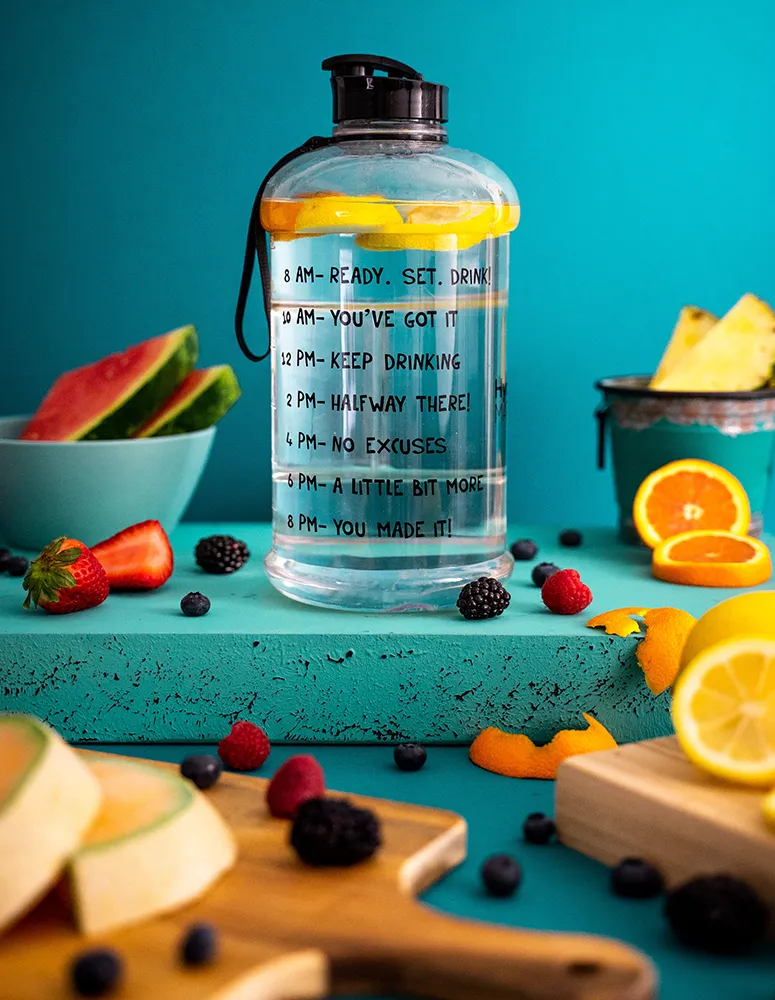Hydration: the secret to healthy skin AND managing diabetes
Another example of why skincare is healthcare
November is both Healthy Skin and Diabetes Awareness Month!
This makes sense. Healthy skin is crucial for everyone because skin is your body’s front line of defense. And it’s especially important for people with diabetes (or pre-diabetes) because healthy skin prevents excess water loss, which is even more vital for people with high blood sugar levels. According to the Centers for Disease Control (CDC), this includes more than 133 million Americans: more than 37 million Americans have type 1 or type 2 diabetes, while more than 96 million adults have prediabetes. To make matters worse, over 80% of adults with prediabetes don’t even know they have it!
How are skincare and diabetes related? Both underscore the importance of hydration. For starters, thirst and dry mouth, which are both signs of mild dehydration, are often the first indicators of diabetes. Hydration is also critical for maintaining both healthy skin and managing diabetes. Here’s why:
Hydration is the number-one rule of skincare (along with sun protection, which is related to it). Think of a baby’s skin: velvety smooth, soft, and plump. That’s because it’s fully hydrated! While we’ll never reclaim that wonderful skin we had as infants, we can keep our skin as healthy as possible by keeping it hydrated.
Hydration is especially significant for those who have diabetes or are at risk of developing it because:
With diabetes, you lose more fluids than usual as your body attempts to flush excess sugar. This can lead to dehydration, which further concentrates the sugar in your blood.
Dehydration can lead to diabetic ketoacidosis (DKA), a serious complication. Dehydration worsens DKA because it results in higher blood sugar levels and increased ketone production. Conversely, proper hydration can help prevent DKA episodes.
Dehydration also strains the kidneys, which play an essential role in filtering waste products, including excess glucose, from the blood. This is why people with diabetes are at higher risk of kidney disease and kidney failure. Staying hydrated and keeping blood sugar levels normal reduce the risk to kidneys, protecting their ability to function optimally.
Hydration impacts overall health, including energy levels, cognitive function, and mood. Dehydration has the opposite effect.
For all of these reasons, drinking (or eating!) enough water can help your body eliminate excess glucose, maintain healthy blood sugar levels, support proper kidney function, and maintain mood, energy levels, and cognitive function.
Here are tips for staying hydrated (with or without diabetes):
- Eat your water! Eating moisture-rich foods keeps your cells hydrated by releasing water gradually enough to be absorbed. This is my #1 skincare advice for everyone, and it’s especially critical for people with diabetes or prediabetes.
- Drink fluids. This is also important for people with diabetes, particularly in hot weather or when you’re exercising. People with diabetes should avoid juices, which are high in sugar, and caffeinated beverages, as caffeine is a diuretic.
- Wear sunscreen. Your skin is literally your body’s moisture barrier, preventing you from drying out. UV rays damage your skin barrier, but sunscreen helps to prevent this damage.
- Build strong cell membranes. They’re what keep the water you consume in your cells, where you want it. Lecithin, in particular, is a key membrane-builder. Foods that are high in lecithin include eggs, milk and other dairy products, sunflower seeds, wheat germ, soybeans, and organ meats such as chicken liver. You can also increase your lecithin intake via supplements.
- Avoid heat exhaustion. If you have diabetes, you’re at a higher risk of overheating, increasing your susceptibility to heat stroke and related conditions.
- Move your body. Exercise builds muscle, and muscle contains more water than fat. The higher your fat-free mass (FFM), the higher your intracellular water levels.
- Keep cool while exercising if you have diabetes. While it’s important to maintain a healthy exercise habit for long-term health and hydration, sweating does increase water loss. So make sure to drink plenty of water and keep cool.
- Monitor your blood glucose levels regularly as advised by your physician. If blood sugar levels rise, it may be time to increase your fluid intake.
Proper hydration is essential for maintaining healthy skin and managing diabetes effectively! That’s why skincare IS healthcare. It’s not a luxury; it’s essential!
DISCLAIMER: The information provided on this site is intended for your general knowledge only and is not a substitute for professional medical advice or treatment for specific medical conditions. You should not use this information to diagnose or treat a health problem or disease without consulting with a qualified healthcare provider, who should also be consulted with any questions or concerns you may have regarding your condition.
